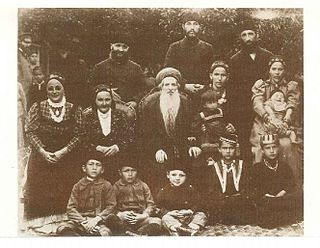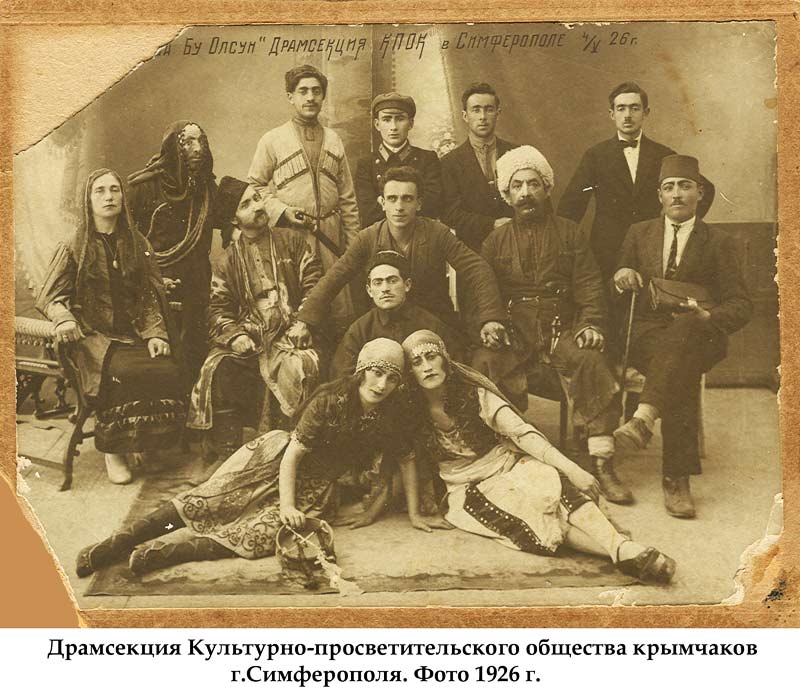

Important Jewish communities were to be found during that period also in the older Tataric possessions of the Crimea. Two Jewish communities, one consisting of Rabbanites (Krymchaks) and the other of Karaites, flourished, during the thirteenth century, in the ancient capital of the Tatar khans, named Solkhat (now[35] Eski-Krym). Beginning with 1428, the old Karaite community of Chufut-Kale ("the Rock of the Jews"), situated near the new Tatar capital, Bakhchi-Sarai, grows in numbers and influence. The memory of this community is perpetuated by a huge number of tombstones, ranging from the thirteenth to the eighteenth century. Crimea, now peopled with Jews, sends forth settlers to Lithuania, where, at the end of the fourteenth century, Grand Duke Vitovt[16] takes them under his protection. Crimean colonies spring up in the Lithuanian towns of Troki and Lutzk, which, as will be seen later, are granted extensive privileges by the ruler of the land. The establishment of Turkish sovereignty over the Crimea (1475-1783) resulted in a closer commercial relationship between the Jewish center on the Peninsula and the Principality of Moscow, which at that time fenced herself off from the outside world by a Chinese wall, and, with few exceptions, barred from her dominions all foreigners and infidels, or "Basurmans."[17] In the second half of the fifteenth century the Grand Duke of Muscovy, Ivan III., was constrained to seek the help of several Crimean Jews in his diplomatic negotiations with the Khan of the Crimea, Mengli-Guiray. One of the agents of the Muscovite Prince was an influential Jew of Kaffa, by the name of Khoza Kokos, who was instrumental in bringing about a military alliance between the Grand Duke and the Khan (1472-1475). It is curious to note that Kokos wrote his letters to Ivan III. in Hebrew, so that the Muscovite ruler, who evidently could find no one in Moscow familiar with that language, had to request his agent to correspond with him in Russian or "in the Basurman language" (Tataric or perhaps Italian). Another agent of Ivan III., Zechariah Guizolfi, was an Italian Jew, who had previously occupied an important post in the Genoese colony in the Crimea, and was the owner of the Taman Peninsula ("the Prince of Taman"). He stood in close relations to Khan Mengli-Guiray, and in this capacity carried on a diplomatic correspondence with the Prince of Muscovy (1484-1500). Later on Zechariah was on the point of taking up his abode in Moscow in order to participate more directly in the foreign affairs of Russia, but circumstances interfered with the execution of the plan.